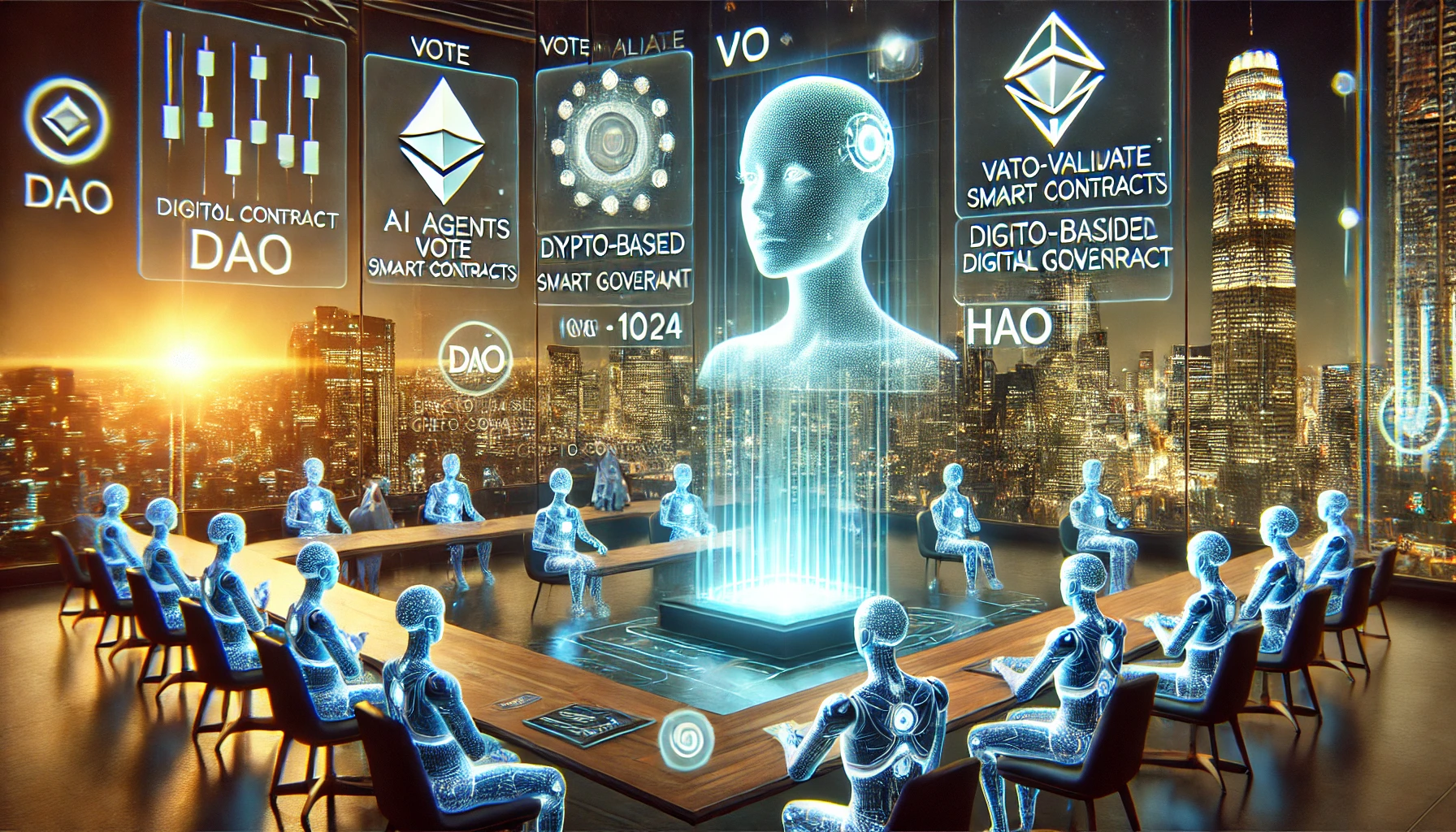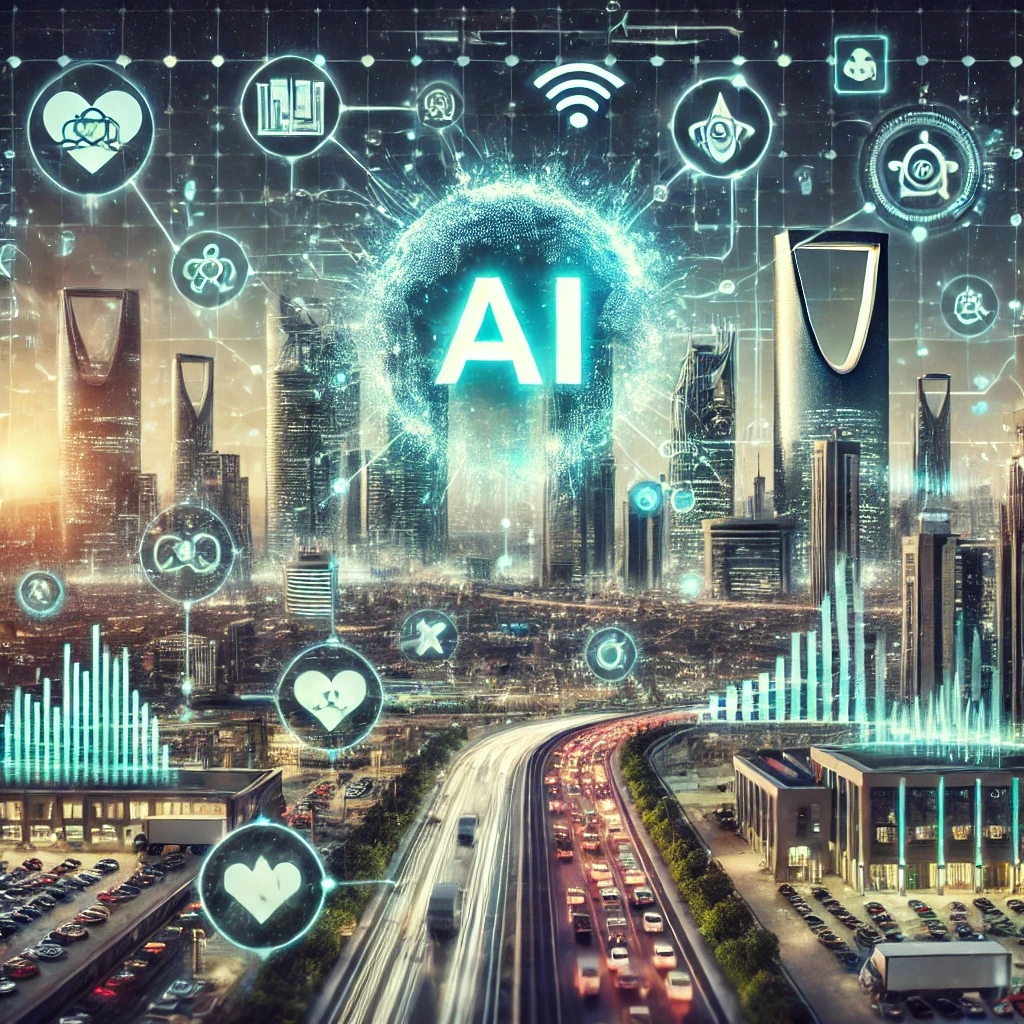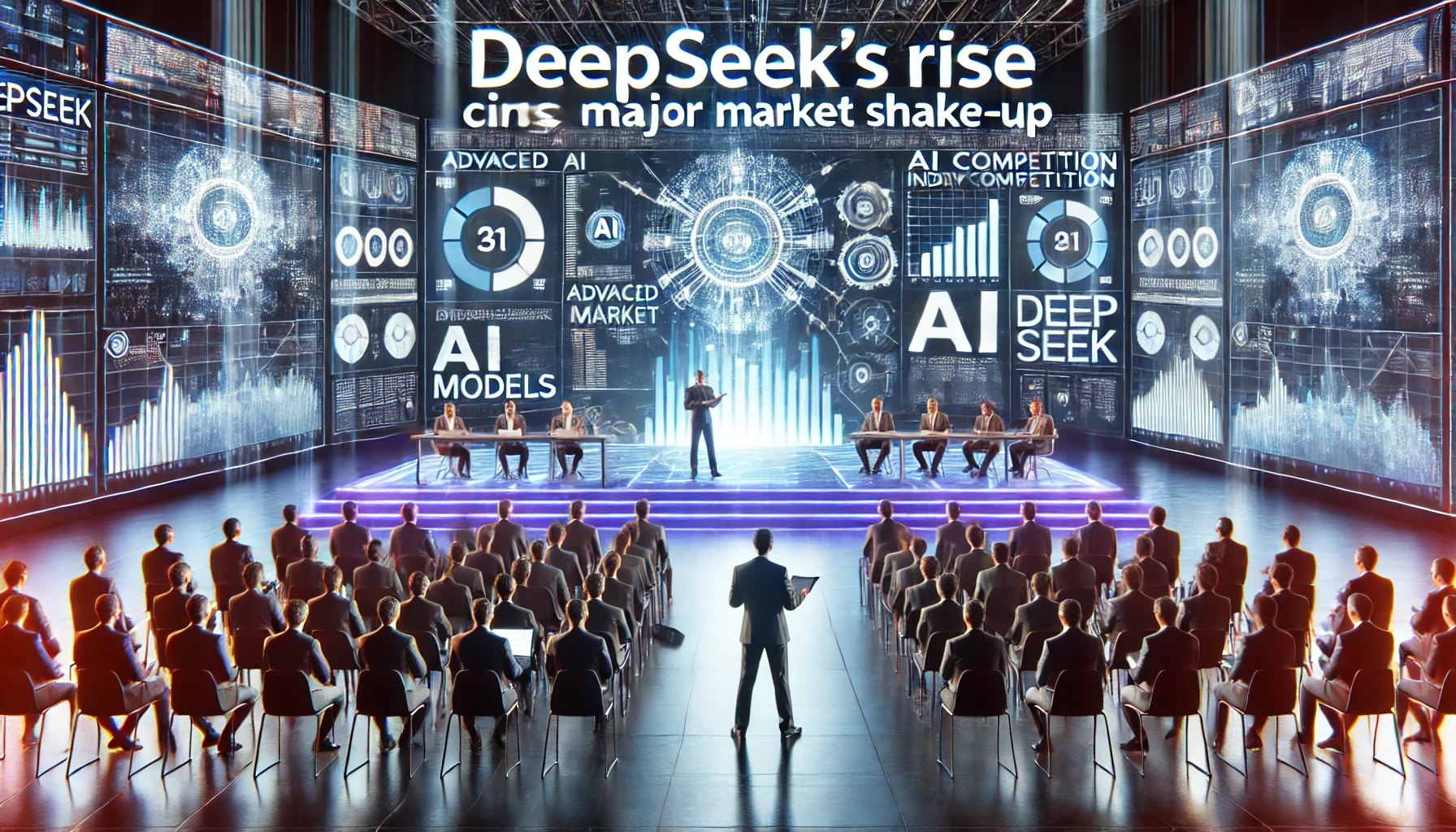In a bold and provocative statement, OpenAI CEO Sam Altman has suggested that AI superintelligence—the long-sought milestone where machines surpass human intelligence—could be achieved within “a few thousand days.” This estimate, which implies that such advanced AI could emerge within the next decade, has sparked both excitement and concern among experts in the field.
Altman made the comment during a keynote speech at an AI innovation conference, where he discussed the rapid pace of progress in artificial intelligence and the potential implications for society, industry, and governance. While acknowledging the profound opportunities that superintelligent AI could unlock, Altman also urged caution, emphasizing the need for global collaboration and ethical guidelines to manage the technology responsibly.
The Path to AI Superintelligence
Altman’s comments come at a time when AI development is accelerating at an unprecedented rate. OpenAI’s own language models, including GPT-4 and the recent advancements in its Gemini AI project, have demonstrated capabilities once thought to be far in the future. With each iteration, AI systems are becoming more adept at tasks like reasoning, language processing, and even creativity, leading many to believe that AI superintelligence could be within reach sooner than expected.
“AI development is happening faster than we predicted,” Altman said during the speech. “At this pace, we could realistically see AI systems with superintelligence capabilities in a few thousand days. This isn’t a question of ‘if’ anymore, but ‘when.’”
The concept of AI superintelligence refers to an AI that not only matches but far surpasses human cognitive abilities across all domains, from science and engineering to creativity and emotional intelligence. Such a machine would be capable of solving complex problems that are currently beyond human comprehension, and its applications could be transformative, offering breakthroughs in medicine, climate change, and space exploration.
However, with these possibilities come serious risks. The idea of a machine that could outthink humans in every way has been the subject of both utopian visions and dystopian warnings for decades.
Risks and Ethical Concerns
While Altman’s timeline for superintelligence may excite tech enthusiasts, it also raises significant concerns about control, safety, and the ethical use of such powerful technology. Superintelligent AI, if not properly managed, could lead to unpredictable consequences—ranging from economic disruption to more existential threats.
“This is not a technology to be taken lightly,” Altman emphasized. “We need to ensure that when we develop superintelligent systems, they are aligned with human values and goals. It’s critical that we establish the right safeguards now, before it’s too late.”
One of the key concerns about AI superintelligence is the issue of “alignment”—ensuring that advanced AI systems operate in ways that are beneficial to humanity and do not pursue objectives that could be harmful. The difficulty lies in the fact that as AI systems become more autonomous and intelligent, their behaviors could become less predictable, making it harder to ensure that they act in humanity’s best interest.
Several AI researchers have warned about the potential for what is known as the “control problem,” where once AI becomes more intelligent than humans, it may become impossible to control. Altman’s comments underscore the importance of solving this challenge before superintelligence is reached.
Calls for Global Collaboration
To mitigate these risks, Altman called for greater international collaboration on AI research and development, particularly around setting standards and regulations for superintelligent AI. He emphasized that no single country or corporation should hold a monopoly on such powerful technology, warning that a lack of oversight could lead to dangerous competition or misuse.
“We need to come together as a global community to ensure that this technology is used for good,” Altman said. “That means not only developing robust safety protocols but also creating a shared governance model that allows all of humanity to benefit from the advancements AI can offer.”
OpenAI, under Altman’s leadership, has been at the forefront of advocating for responsible AI development. The organization has consistently called for transparency, regulation, and collaboration in the field, and has partnered with leading institutions and governments to address the ethical and safety challenges associated with advanced AI.
Industry and Public Reaction
Altman’s remarks have already generated significant debate within the AI community. Some experts share his optimism about the timeline for superintelligence, pointing to rapid advances in computing power, machine learning algorithms, and quantum computing. Others, however, are more skeptical, arguing that AI still has significant hurdles to overcome, particularly in areas like general intelligence, creativity, and emotional understanding.
“I think we’re still a long way from true superintelligence,” said Dr. Melanie Mitchell, an AI researcher at the Santa Fe Institute. “While AI has made great strides, there’s a vast gap between narrow AI, which is highly specialized, and general intelligence, which can operate across a wide range of domains.”
Nevertheless, public interest in AI superintelligence continues to grow. Many are intrigued by the possibilities it presents—ranging from curing diseases to solving climate change—while others fear the disruptions it could cause, particularly in the job market and in terms of privacy and security.
The Future of AI
Whether AI superintelligence will emerge in the next decade or later, one thing is clear: the path forward is both exciting and fraught with challenges. As companies like OpenAI continue to push the boundaries of what artificial intelligence can achieve, the world will need to grapple with both the extraordinary opportunities and the profound risks that this technology represents.
As Altman concluded in his speech, “The future of AI is one of the most important challenges we face. We need to get this right—not just for us, but for generations to come.”





